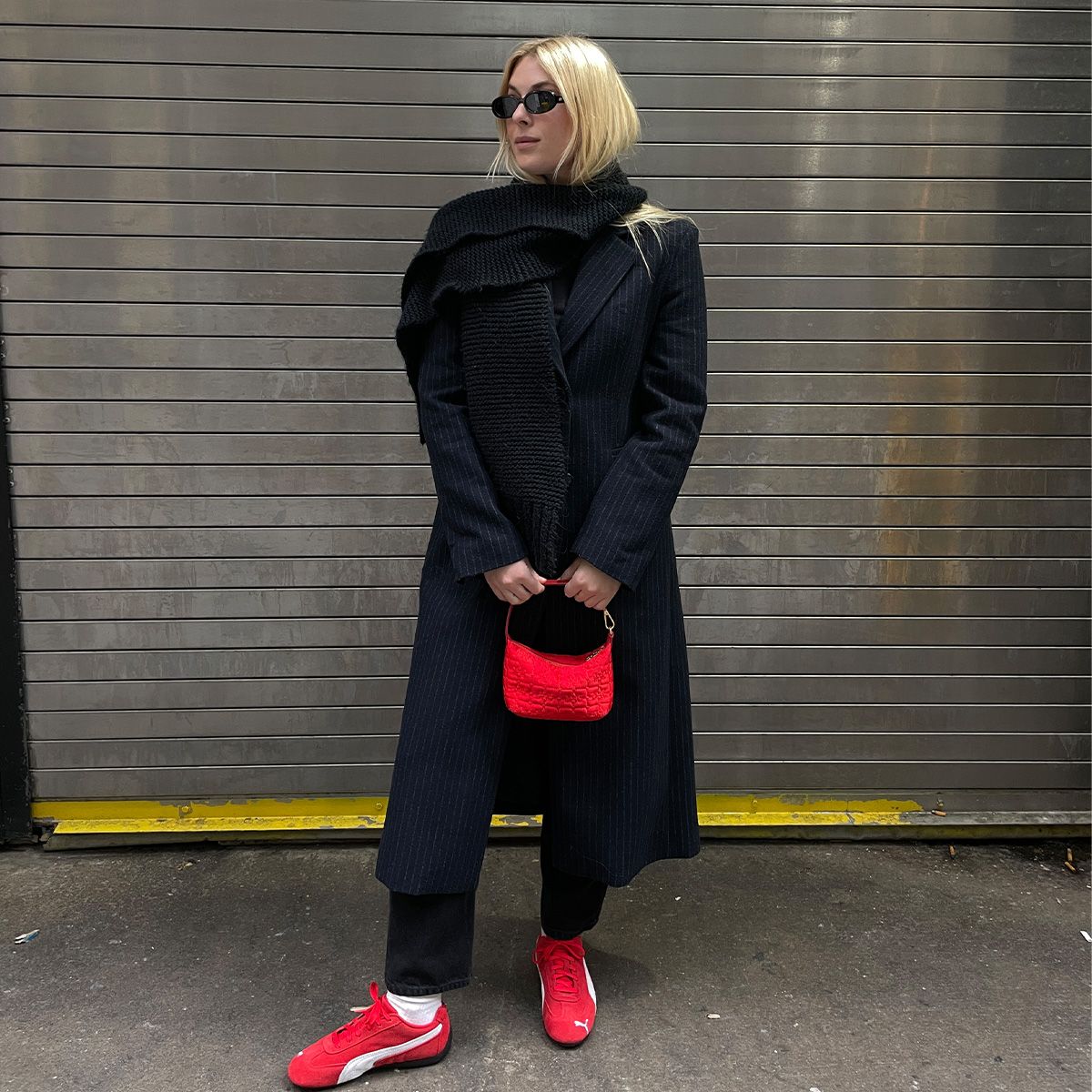Gardeners are being urged to think twice about using bird tables in their garden after warnings they could spread deadly diseases.
The RSPB has withdrawn flat bird feeders from sale on its website after evidence suggested they could be contributing to the spread of illnesses such as finch trichomonosis, particularly among finches.
Greenfinches have experienced a population crash, with the number of birds falling by 69 percent between 2008 and 2018 due to a parasitic disease. The bird was put on the red list in 2021.
The charity told customers: “As a precautionary measure, whilst we await the findings of the review, we have suspended all our bird tables and related products, table mix and table mix extra, window feeders and feeder guardians with trays, from sale.
"This is because there is evidence to suggest that some birds, particularly finches, can be more exposed to disease when fed on flat surfaces like these.”
Experts at Vine House Farm are warning gardeners to stop using flat feeders such as tables and trays after the RSPB's warning.
Bird expert Lucy Taylor said: “Providing garden birds with food on bird tables, ground trays and other small and confined flat surfaces, does carry a particular risk to the health of birds because of the increased chance of disease transmission.
"This is because the disease Tricomonosis – which especially affects Greenfinches and Chaffinches – can more easily be transmitted when an infected bird drops food onto the flat surface, which another bird then picks up."
Bacteria from decaying food and waste from seed husks can build up on a flat surface and lead to Salmonella, which can be fatal to birds, according to the expert.
She added: "But the good news is that these risks to birds can be greatly reduced if very regular and thorough cleaning is carried out on all types of bird feeders, plus other measures are taken."
How to feed birds on flat surfaces safely
Regularly clean bird feeders
Lucy said: "If you are unable to regularly and thoroughly clean bird tables and other flat-surfaced feeders, you should avoid using these feeding methods. However, note that all types of bird feeders must be kept clean.”
Rotate bird feeder locations to prevent disease
“Regularly change the location of all bird feeders in your garden. This includes bird tables, ground trays, hanging tube seed feeders, and hanging suet feeders. Birds often feed on food that has dropped to the ground, which can easily become contaminated by waste and droppings," the expert added.
Consider alternatives to bird tables
Lucy said: “Scattering bird food such as sunflower hearts on larger flat areas like decking, patios, driveways, or short-cut lawns is a good alternative to bird tables and ground trays. However, be sure to rotate the areas used. Ground feeding is especially important for species like blackbirds, which cannot easily use hanging feeders.”
Limit the amount of bird food provided
“No matter which ground feeding method you use, limit the amount of bird food you provide to what can be consumed within a single day. Additionally, switch to sunflower hearts or husk-free seed mixes if you haven’t already, as they generate far less waste and are more efficiently eaten by birds. Steer clear of low-cost bird food, particularly mixes. These are often not eaten by songbirds and may accumulate on the ground, bird table, or feeder, increasing the risk of disease.”
Maintain clean bird baths
“Clean bird baths daily and allow them to air dry before refilling. The drying process helps ensure that the Trichomonosis parasite does not survive. If you feed birds in your garden, please continue doing so. However, make hygiene your top priority to safeguard their health.”
 10 hours ago
1
10 hours ago
1




















 English (US) ·
English (US) ·